BY LOGAN EGLESTON
The differences between the Republican and the Democratic party are many, so it stands to reason that when it comes to caucusing, each respective party has a different way of collecting votes. The postcard image of an American Caucus is usually depicted by the Democratic vote.

Iowa residents of a given county precinct stand in the corner of a local public school gym, making a case for their candidate of choice, slowly eliminating candidates one by one until the entirety of voters stand for one candidate. The process is both highly paced and highly staked. The Republican party, however, has a quieter, and more laid back caucus.
Instead of a vocal election, The Republican party does a secret ballot, meaning the voters will be given a ballot with all candidates, and fill it out in secrecy and then the votes are tallied. While the Democratic Caucuses can take up to five or more hours, the Republican caucus can sometimes be over before it even begins. According to the Iowa Polk County Republican Chairman, Nick VanPatten, on years where there is an incumbent Republican candidate, the precinct director simply asks the voters if they would like to vote for anyone else other than the incumbent. While the voters can still request a secret ballot, often times they just state they are voting for the incumbent.
Despite whether or not there is an incumbent, party leadership has to honor any and all candidates who wish to be on the ballot.
“We let anybody who shows up to a given caucus speak,” said Connie Schmett, Polk County Republican Party Co-Chairman. “If two candidates are there and they both oppose each other, those candidates will draw straw to see who speaks first. All candidates get to speak to the caucus-goers at any caucus location.”

President Trump is sending roughly eighty Republican surrogates to various caucus locations throughout the state to speak on his behalf, despite the minimal campaigning that his challengers have done in the state of Iowa.
The contrast between the Democratic and Republican Caucus is stark, and it is just one of the many differences between the two parties. Even in a year with no incumbent, it is likely that the Democratic caucus would be more lively than that of the Republican Caucus. Given it is a year with a Republican candidate in the White House, it is a safe bet that the Republican Caucus will be quieter and more secretive than the Democratic Caucus.





![Wadsworth's Class Of 2025 Walks At Graduation Ceremony [Photo Gallery]](https://wadsworthbruin.com/wp-content/uploads/2025/05/IMG_9018-1-1200x800.jpg)
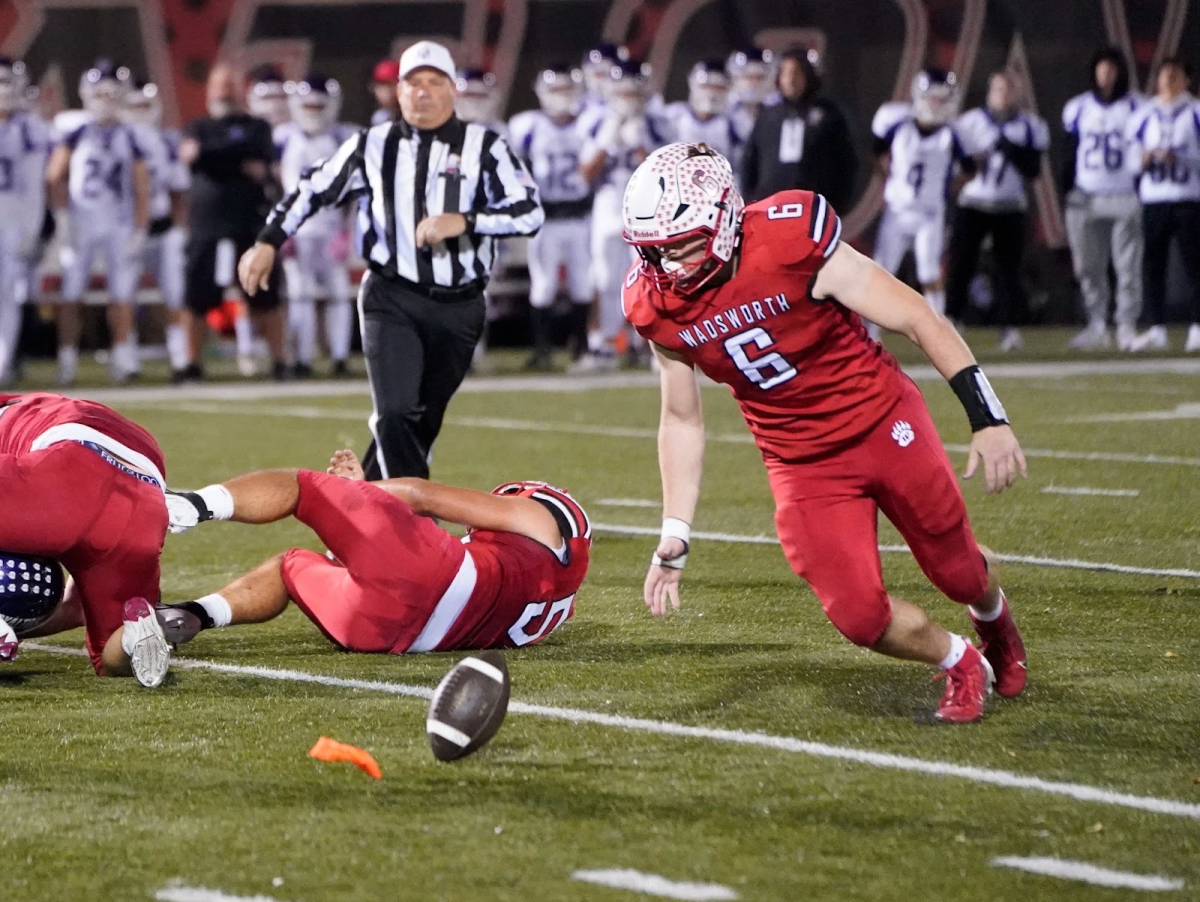
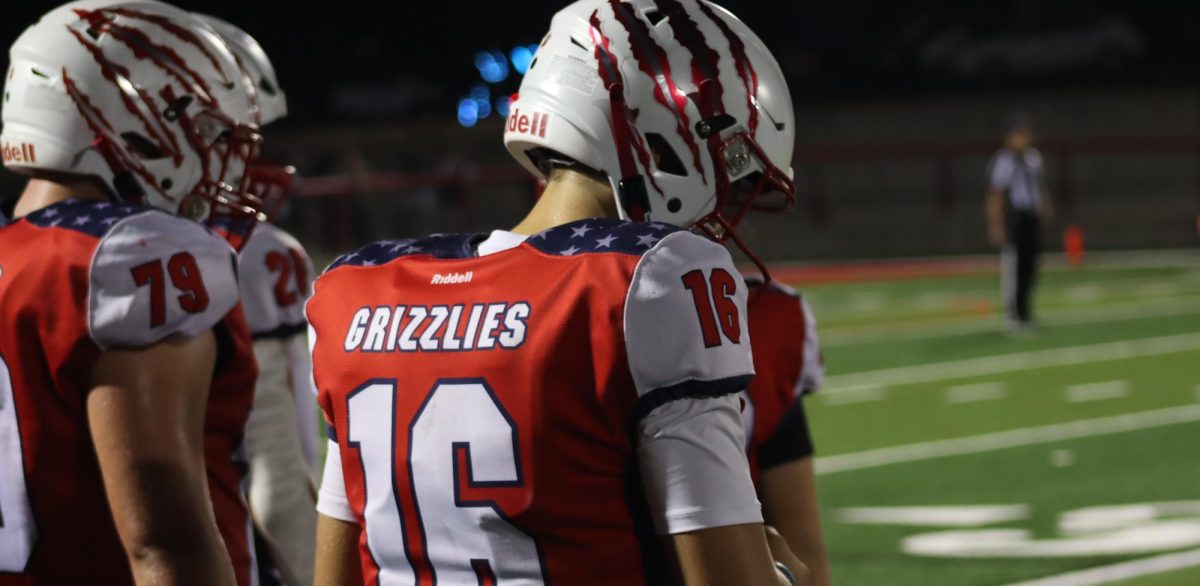
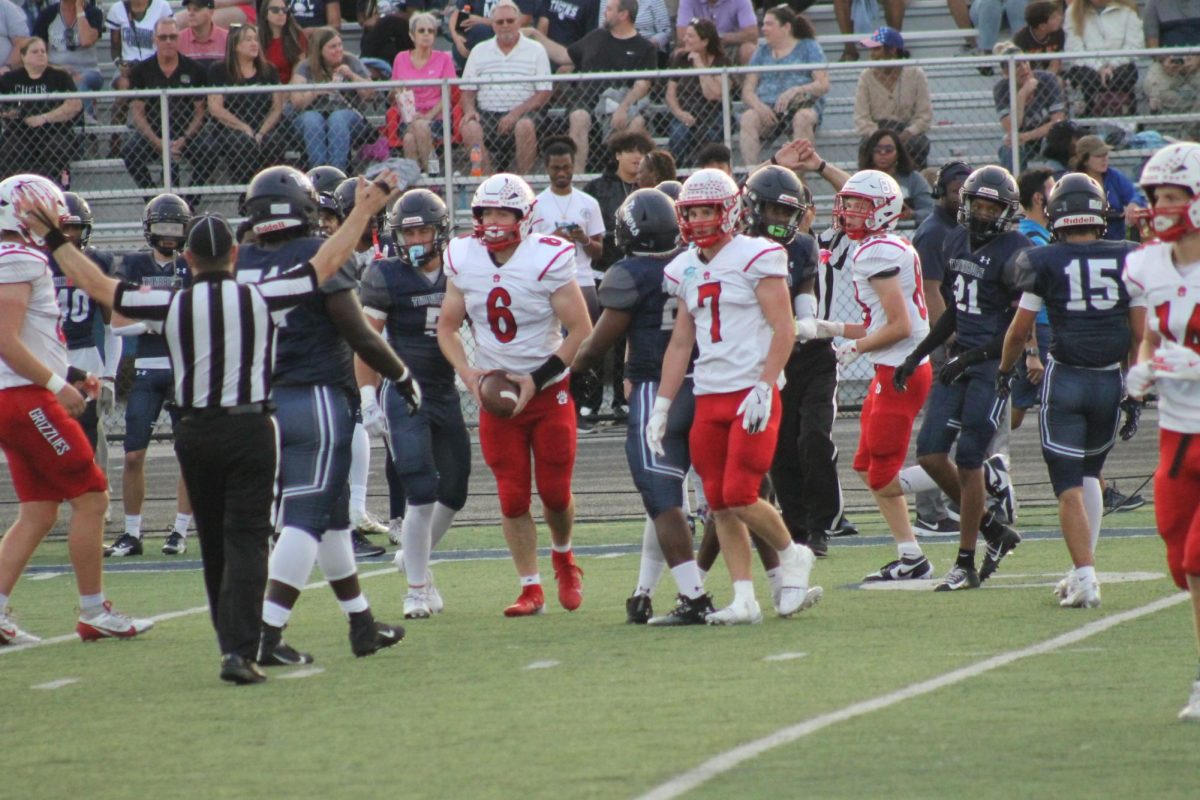


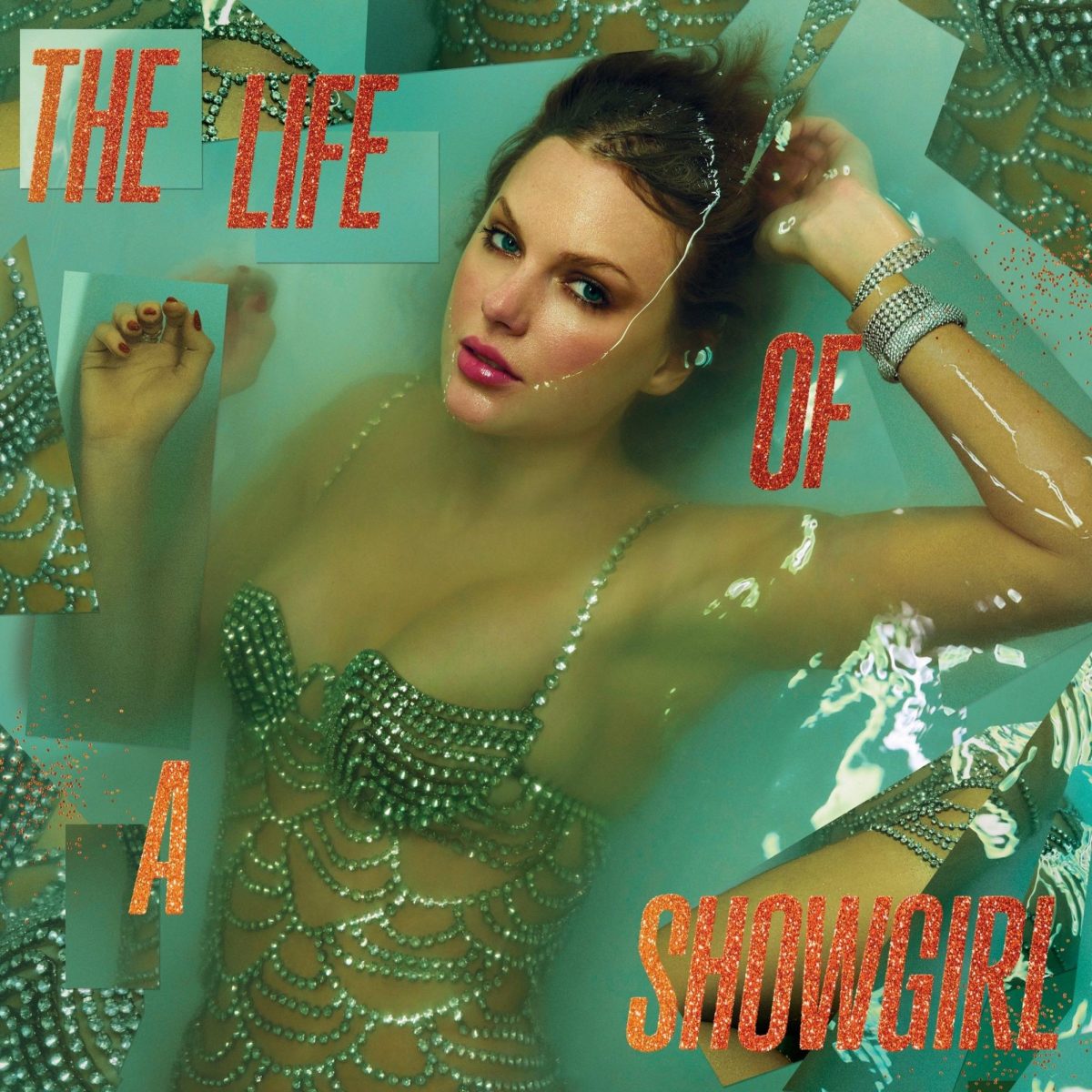
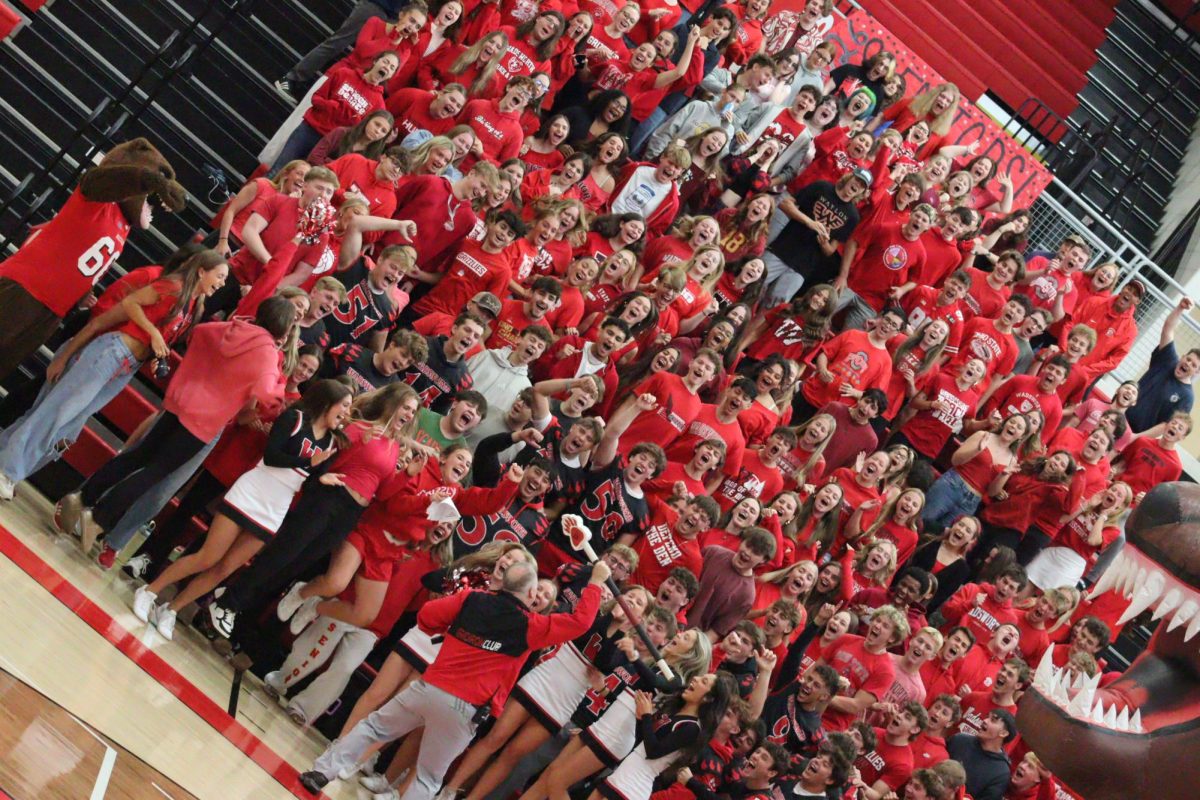






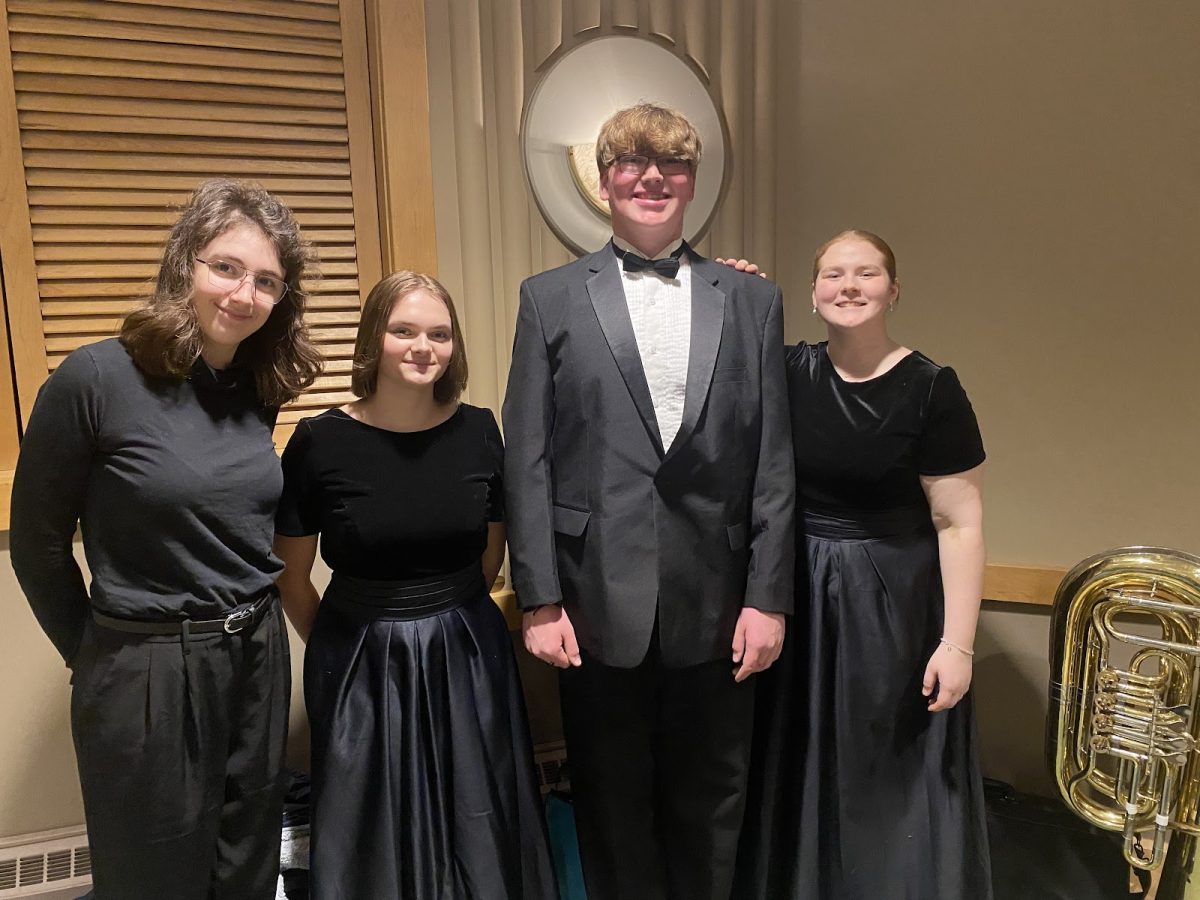




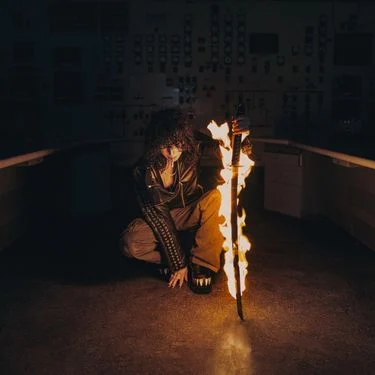

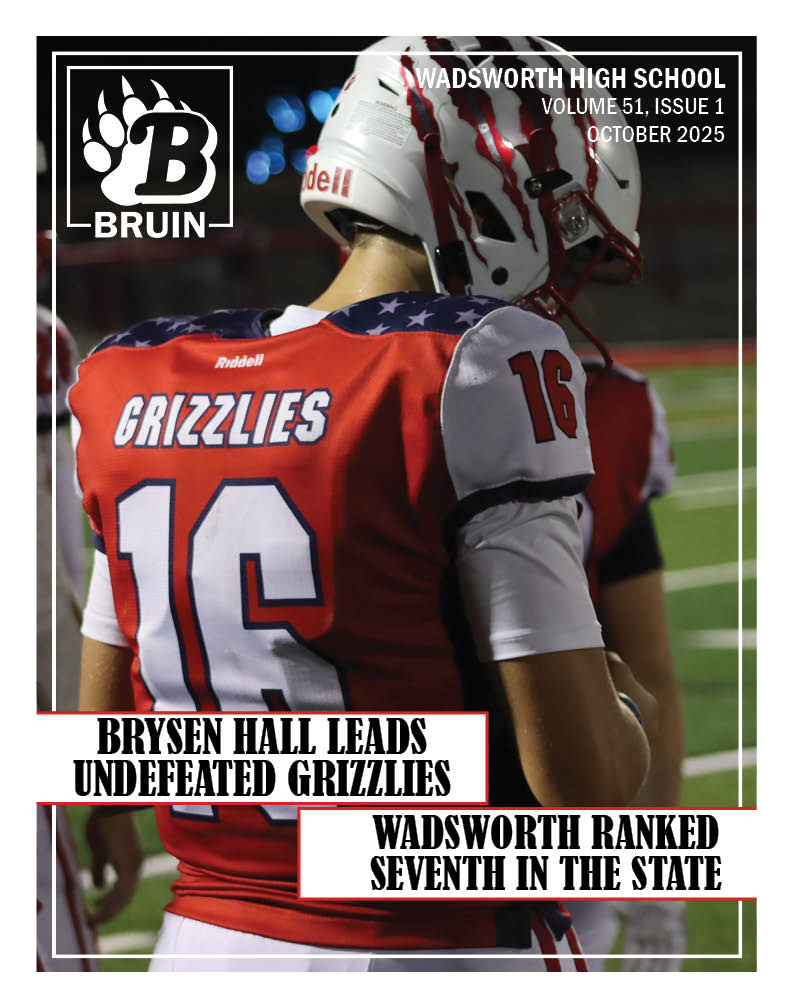


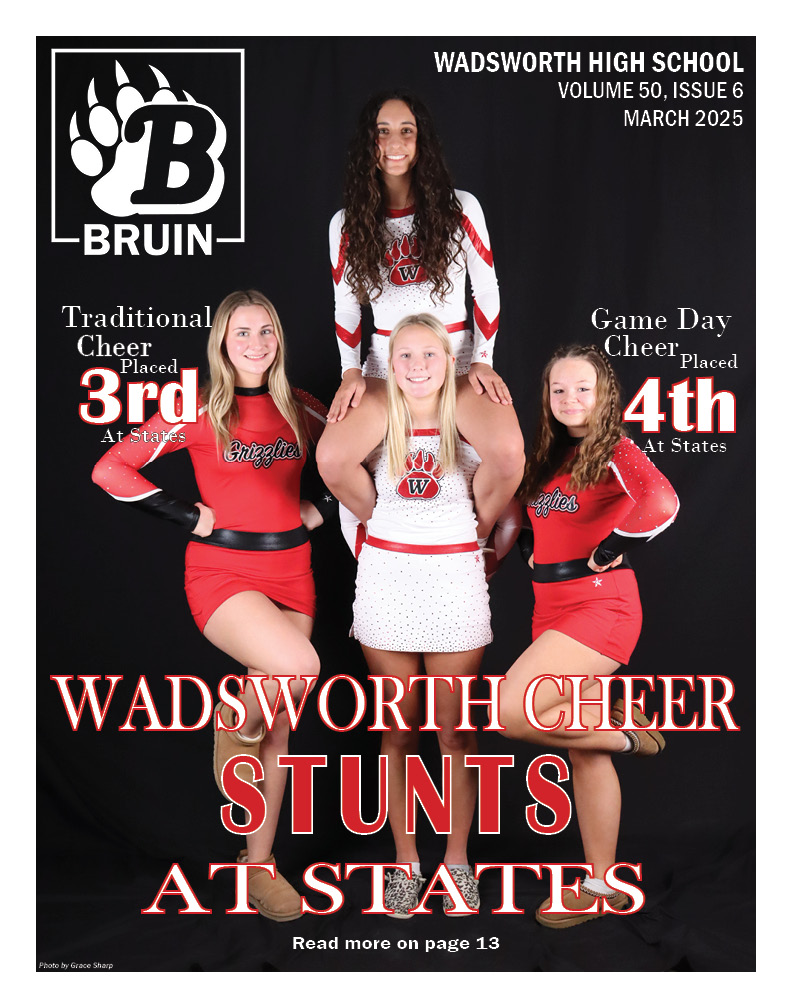



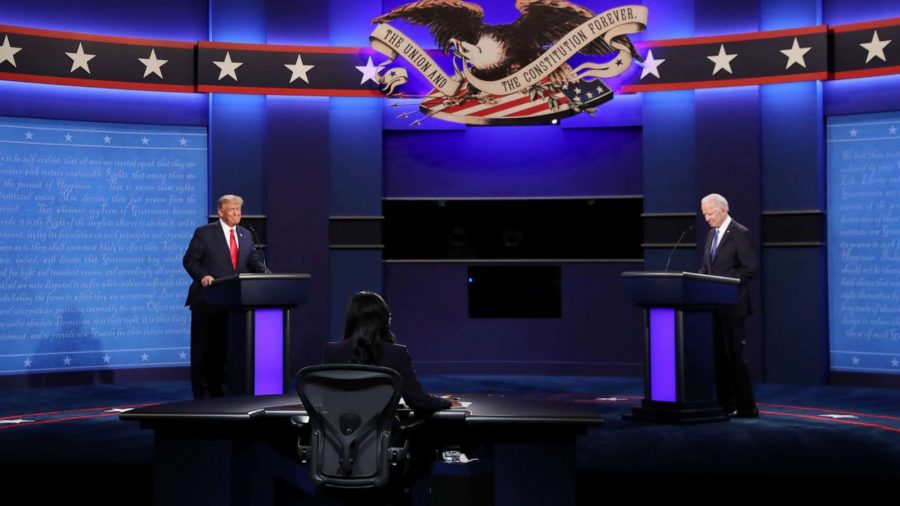
![The Bruin takes Iowa: The Documentary [Video]](https://wadsworthbruin.com/wp-content/uploads/2020/02/takesiowa-900x496.png)


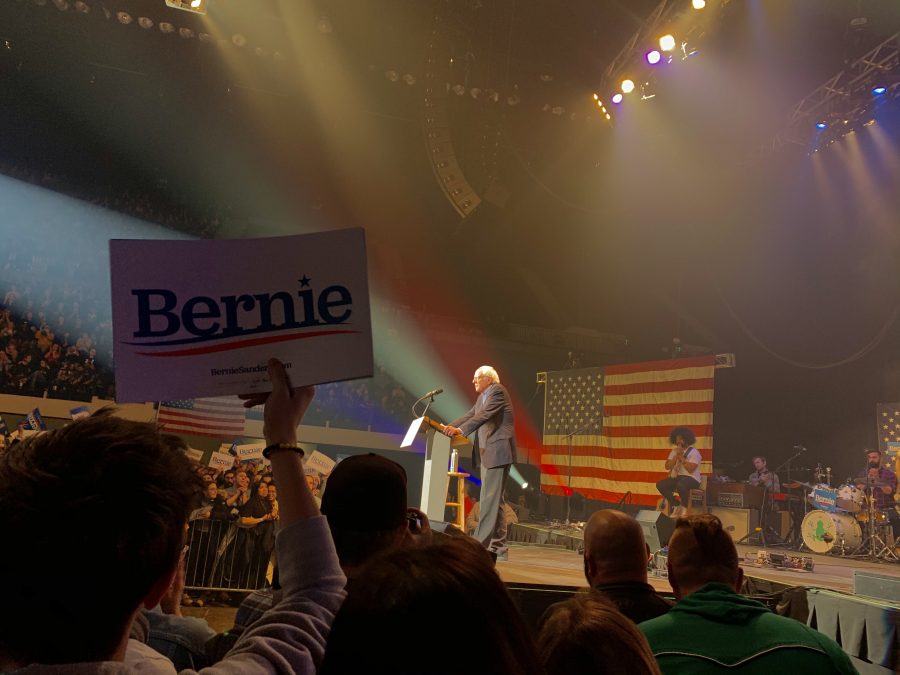

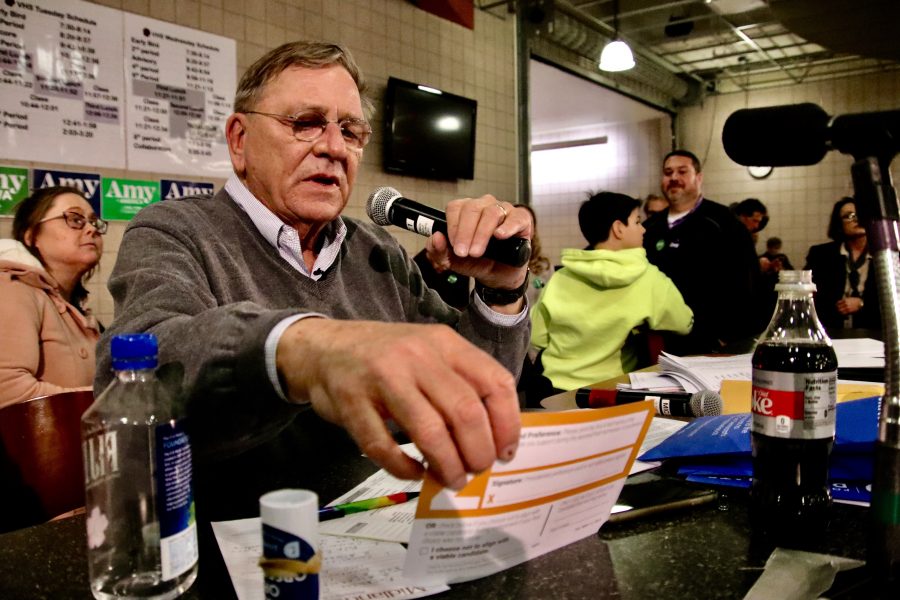
![Day 4: 2020 Iowa Caucus [Video]](https://wadsworthbruin.com/wp-content/uploads/2020/02/img_2173-900x600.jpg)




